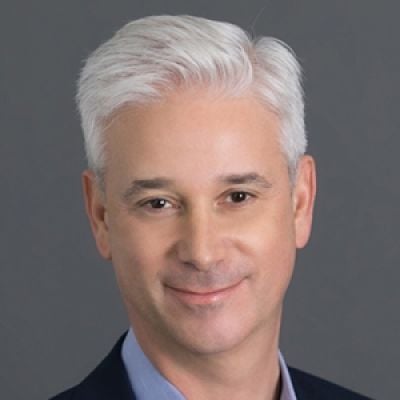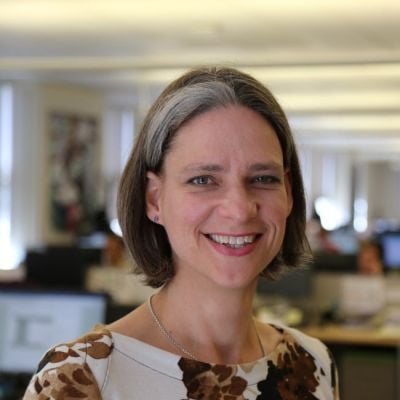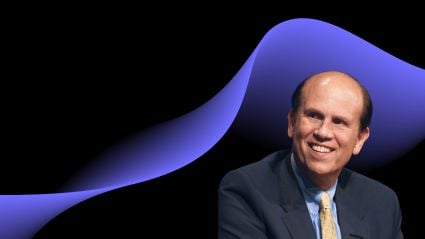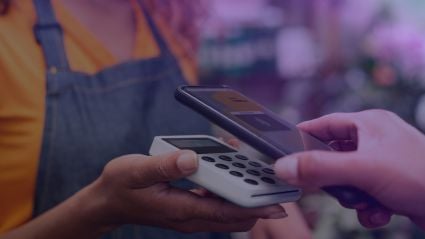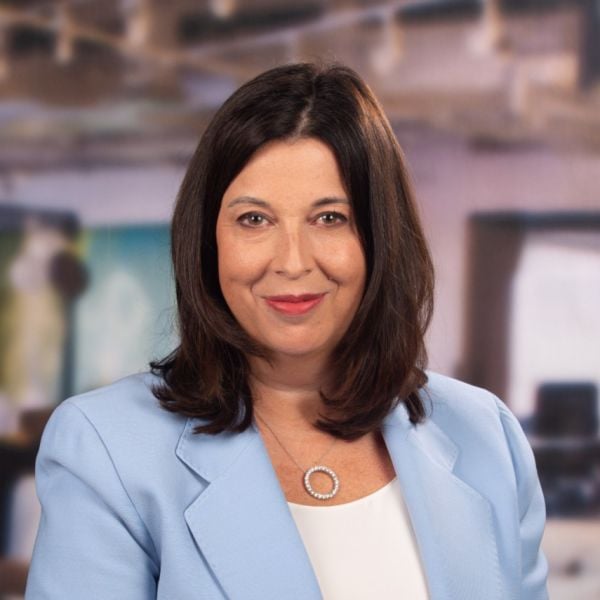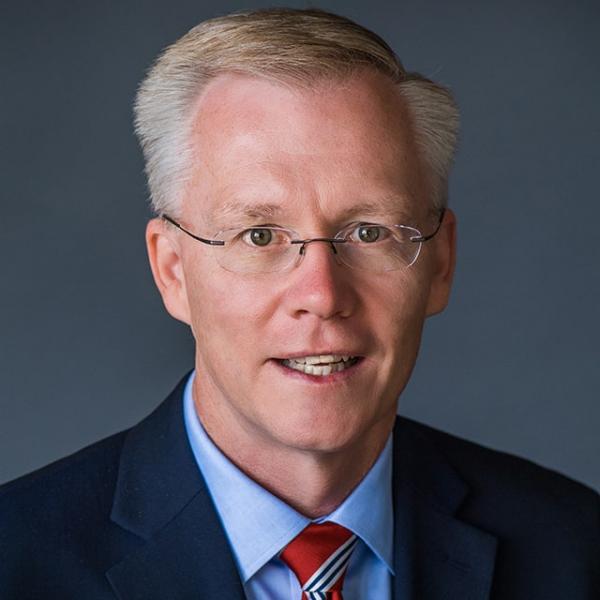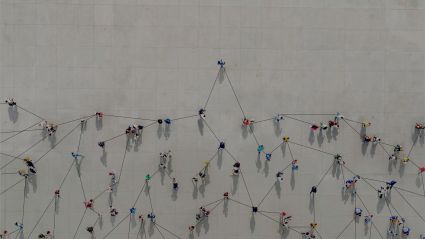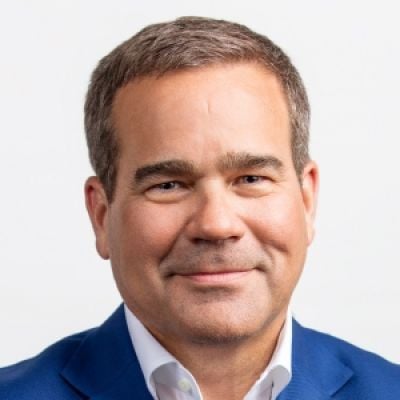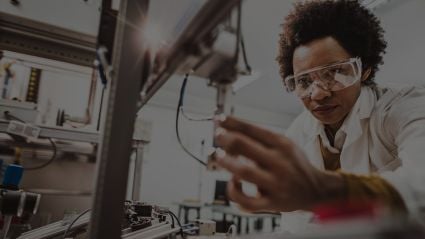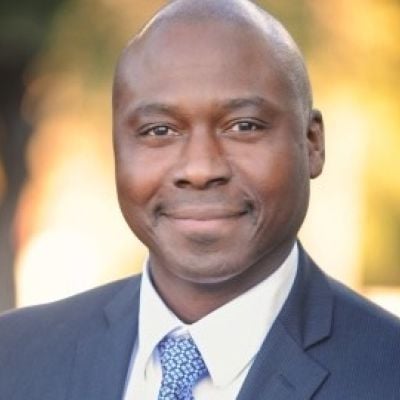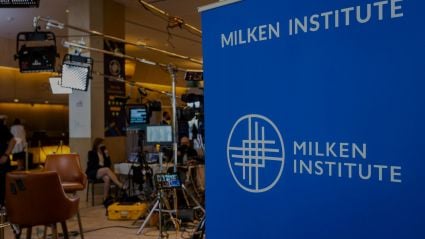
During the COVID-19 pandemic, many Americans faced financial hardships, limiting their ability to build savings and credit. For people without bank accounts, that limitation—which has always been acute—almost certainly became more so. More than 7 million households in the US are unbanked, and unbanked rates are not equal among all demographics. They are significantly higher than average among Black and African American, Hispanic, and Native American/Alaska Native households.
Unbanked or underbanked consumers often look to high-cost check-cashing services, payday loans, and other services to meet certain financial needs, incurring fees of roughly $250 billion per year. A 2019 FDIC survey of unbanked households showed that the most-cited reasons for not having a bank account were minimum balance requirements and distrust of banks. This means that the banking industry shoulders responsibility for the issue—and it therefore has a central role to play in fixing it.
Wells Fargo takes this role seriously. In May 2021, we announced the Banking Inclusion Initiative, a 10-year commitment to help more unbanked individuals access affordable banking services, whether through Wells Fargo or another financial institution. To reach this goal, we’ve deepened our relationships with Black-owned Minority Deposit Institutions, pledging up to $50 million to support their work in the communities they serve. We’ve invested in Greenwood, a digital banking platform for Black and Latino individuals and business owners. We’ve started a collaboration to help the Fintech MoCaFi provide banking to unbanked individuals.
We’re also increasing awareness and outreach about low-cost, no overdraft-fee accounts, including Wells Fargo’s Clear Access Banking, which we launched last year. Clear Access Banking is designed for individuals who are new to banking or have encountered past challenges opening or keeping a bank account. The account is certified by the Cities for Financial Empowerment Fund for meeting Bank On National Account Standards for safe and appropriate financial products to help people enter or re-enter the mainstream financial system, and it gives full access to Wells Fargo’s mobile app and nationwide branch and ATM network.
We must do more to invest our resources in banking inclusion and to continue to address the issue head on
In addition to helping people access affordable banking services, the Banking Inclusion Initiative is focused on expanding access to financial education and advice. Wells Fargo has teamed with Operation HOPE to support the launch of HOPE Inside centers within diverse and low-to moderate-income (LMI) neighborhoods. We’re working with the Historically Black Colleges and Universities Community Development Action Coalition to launch Our Money Matters, a comprehensive financial wellness initiative for college students of color. Finally, with more than 25 percent of Wells Fargo branches in LMI community census tracts, we’re introducing a new program within our LMI neighborhood branches, featuring redesigned spaces created to deliver one-on-one consultations, improve digital access, and offer financial health seminars.
As we pursue these initiatives, we know they’ll be more successful if we do them together with others. We also know that, despite the progress we and others in the industry have made, there’s more work to do. In recognition of this, we formed a National Unbanked Advisory Task Force, which brings together multiple national and community stakeholders to explore solutions to the credit challenges facing unbanked individuals on an ongoing basis. The task force includes representation from the NAACP, League of United Latin American Citizens, National Bankers Association, National Congress of American Indians, UnidosUS, National Urban League, and Mississippi-based Hope Enterprise Corporation.
We can and must do more to invest our resources in banking inclusion. COVID-19 has brought new attention to the issue. It’s up to financial services institutions to sustain that attention and to continue to address the issue head on.
